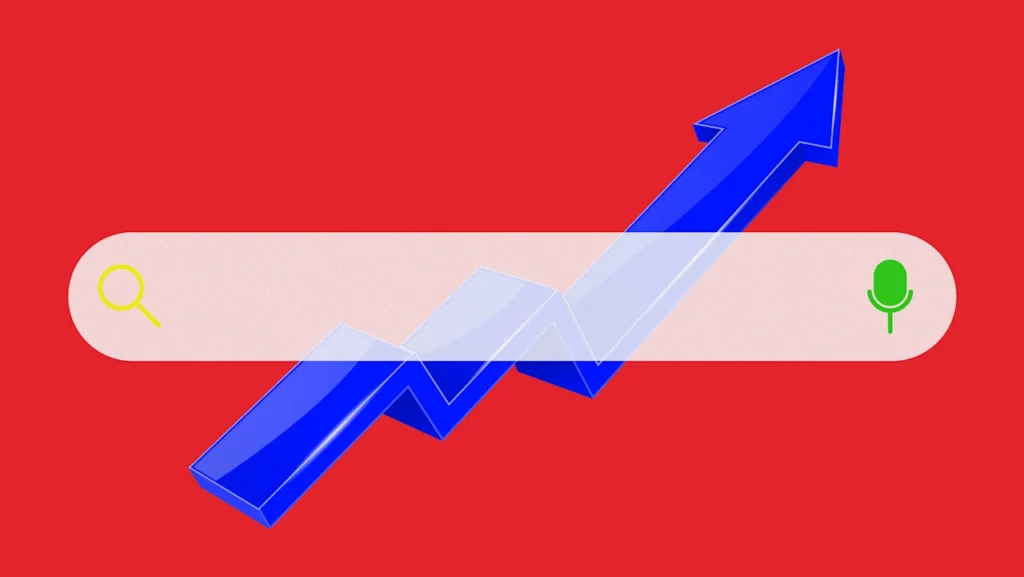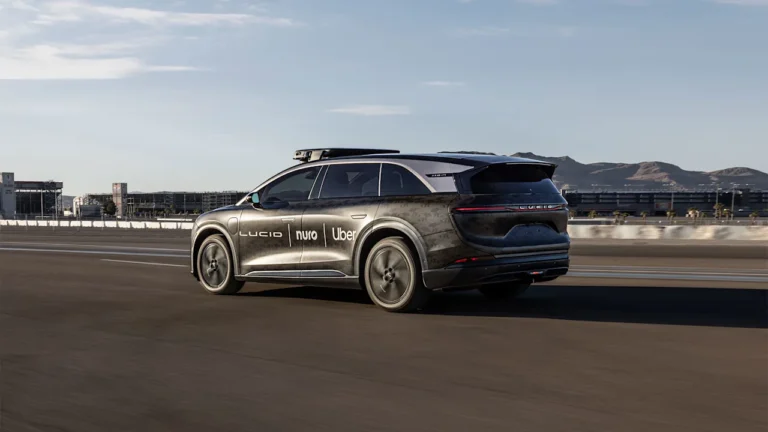
Earlier this year, things looked dire for Google.
AI search was rapidly eroding the company’s market share, as people turned to ChatGPT and dedicated generative apps like Perplexity to search for information.
In January, reports showed that the company’s search market share had dropped below 90% for the first time in almost a decade. And as the year continued, it seemed like it would keep plummeting.
Now new data from search analytics company BrightEdge shows that the bleeding appears to be over. Google’s market share has stabilized, and has even begun to tick up.
Why? Google is fighting back against the onslaught of AI search. And it’s winning.
Stemming the tide
BrightEdge is a massive SEO firm that works with giant clients—including a majority of the Fortune 500—to rank their websites in search.
That gives the company a unique perspective on what’s working in SEO at any given moment. And for most of this year, it saw Google floundering.
In data that BrightEdge shared with me in advance of publishing the new findings, Google had lost 1.5% of the search market share in 2025. That might not seem like much, but given that people perform around 5 trillion Google searches per year, a loss of 1.5% amounts to billions of queries.
As of this month, though, BrightEdge told me that Google’s market share increased from 90.54% to 90.71%. I spoke with BrightEdge’s CEO, Jim Yu, to put that in perspective.
Yu acknowledged that while an increase of 0.17% might seem small, given the scale involved, it’s actually a big deal.
“We conservatively estimate each percent of search market share equates to between $1.5 billion and $2 billion” in ad revenue, Yu told me.
That means Google’s little uptick is worth a cool $340 million.
Winners and losers
Google is probably celebrating its market share gain and hundred-million-dollar windfall. But executives will be even happier to know where that market share came from.
Yu told me that as Google gained share, newcomers like Perplexity, ChatGPT, and Grok lost share for the first time since BrightEdge started tracking such things.
“Google’s market share has been slowly and consistently eroding since December 2024, a pattern that we never saw previously over several years of analysis. In parallel we saw the AI search (ChatGPT/Perplexity/Claude) consistently gaining market share over the same period. That pattern was broken recently with Google’s market share increasing and at the exact same time decreasing for multiple AI search engines,” Yu told me in our interview.
“The fact that these two happened at the same time points to some people switching back to Google for queries handled by AI,” he said.
Part of this might be AI fatigue. People may have tried ChatGPT or Perplexity when the tools were cool and new, but ultimately switched back to Google, the old stalwart.
And OpenAI’s rollout of GPT-5 was a disaster. That flop might have driven people back to Google.
But BrightEdge has a different theory. In a statement, the company said, “Data suggests the release of Google’s AI Mode contributed to this recovery, with specific increases in long-tail querying in Google indicating widespread use of the search engine’s new AI feature helping boost Google’s gains.”
Yu confirmed this to me in our interview. When I asked him if Google’s AI Mode helped drive the rebound, he told me: “This is a hypothesis strongly supported by the data.”
Google, in other words, did not take the world’s pivot to AI search lying down but rather aggressively rolled out features like AI Overviews and AI Mode.
And based on the data, those AI-powered features are slowly clawing back the users it lost to its AI-powered rivals.
What to do
So, based on the churn in the AI search space, what are marketers and business owners to do?
“Don’t get distracted,” Yu told me. “As much as everybody is talking about AI search, it is still a very small fraction of the searches at less than 0.3% by our estimate. Google is still the main channel for driving purchases, leads, viewers, or conversions important to a business.”
As Google rolls in even more AI features, the distinction between AI-powered and traditional search will likely continue to fade. The contest will gradually become one of Google versus the Groks and Perplexities of the world—not one of AI search versus “traditional” methods.
That’s a contest Google is likely to win. It’s no wonder that in emails with Elon Musk in OpenAI’s early days, the company indicated that it feared only one thing—not regulation, the need to raise trillions of dollars in funding, or the specter of runaway AGI—but Google.
Yu also told me that marketers should remember the basics. “Google has publicly stated that the way to get into AI results is with good SEO,” he said. “In addition, each major AI engine relies on a traditional search index [ChatGPT uses Bing, Claude uses Brave, Google uses its own index]. For these reasons, CMOs don’t want separate teams optimizing for SEO and AI search as this will yield mediocre outcomes for both.”
Instead, companies should optimize their content for traditional search and AI-driven search at the same time, Yu said.
That’s an approach that I advocate in my GEO work as well. The way to rank well in chatbots is to have a strong brand, good technical basics, and amazing content.
Those are the same things you need to rank well in traditional search (and to convince actual people to buy your products, by the way!).
Overall, BrightEdge’s data is a reminder not to put too much stock in shiny new things.
Yes, it’s hard to turn a ship as big as Google’s. But once that ship has turned, if it happens to encounter a minnow, don’t be surprised who gets smushed.
